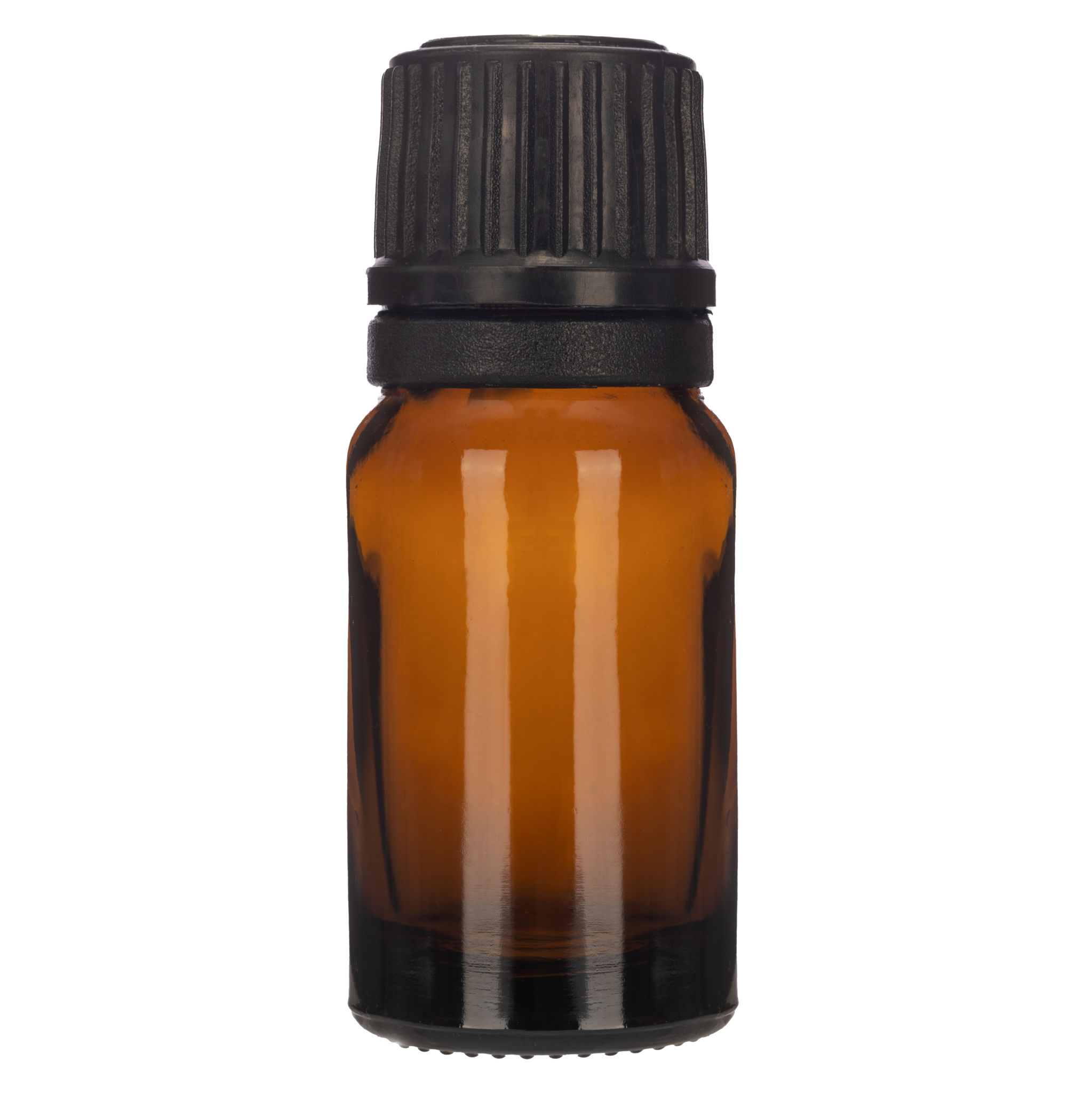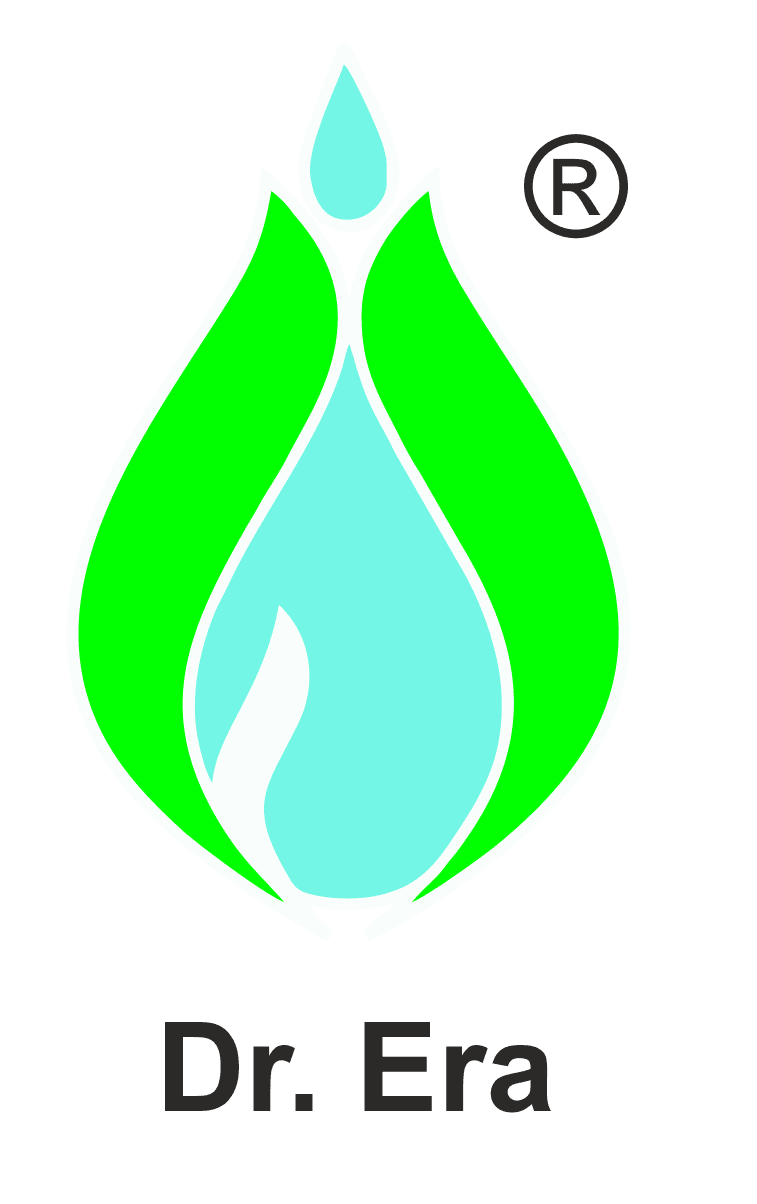Debunking Myths: Understanding the Science Behind Homeopathy
The Origins of Homeopathy
Homeopathy, a system of alternative medicine, was developed in the late 18th century by Samuel Hahnemann. It is based on two main principles: "like cures like" and the "law of minimum dose." According to homeopathy, substances that cause symptoms in a healthy person can, in small doses, treat similar symptoms in a sick person. Despite its popularity among some, homeopathy remains a controversial topic in the medical community.

The Principle of "Like Cures Like"
The idea that "like cures like" is central to homeopathic practice. It suggests that a substance that produces symptoms in a healthy individual can be used to treat similar symptoms in illness. For instance, red onion causes tearing eyes, so it's used in homeopathic preparations to treat hay fever. This principle is often compared to the use of vaccines in conventional medicine, but there are significant differences in the science and application.
The Law of Minimum Dose
The second core belief in homeopathy is the "law of minimum dose," which posits that the lower the dose of the medication, the more effective it is. Many homeopathic remedies are diluted to the point where no molecules of the original substance remain. This level of dilution raises questions about the mechanism of action, as conventional science emphasizes measurable active ingredients.

Scientific Scrutiny and Criticism
Homeopathy has faced extensive scrutiny from the scientific community. Critics argue that its principles contradict established laws of chemistry and physics. Numerous studies have concluded that homeopathic remedies are no more effective than placebos. The lack of empirical evidence supporting its efficacy has led to calls for more rigorous testing and regulation.
Placebo Effect and Homeopathy
One explanation for any perceived effectiveness of homeopathic treatments is the placebo effect. This psychological phenomenon occurs when patients experience real improvements in their condition simply because they believe they are receiving treatment. The ritualistic nature of homeopathic consultations may enhance this effect, providing some patients with relief despite the lack of active ingredients.

Understanding Dilution and Potency
In homeopathy, remedies undergo a process called "succussion" during dilution, which is believed to transfer the healing essence of the substance to water or alcohol. The concept of potency in homeopathy is inversely related to concentration—a notion that diverges from conventional medicine. Skeptics argue that without active ingredients, any perceived benefits result from other factors.
Regulation and Public Perception
Homeopathy's popularity persists in some regions, and it is often marketed as a natural and safe alternative to pharmaceuticals. However, regulatory bodies in many countries require clear labeling on homeopathic products, warning consumers about their unproven efficacy. Public perception varies widely, with some embracing it as a holistic approach while others dismiss it as pseudoscience.

Conclusion: Making Informed Choices
While homeopathy continues to be a subject of debate, it's crucial for individuals to make informed decisions about their health care. Understanding the scientific perspective can help people weigh the benefits and risks of using homeopathic treatments. Consulting with healthcare professionals and relying on evidence-based practices can guide individuals towards effective health solutions.
